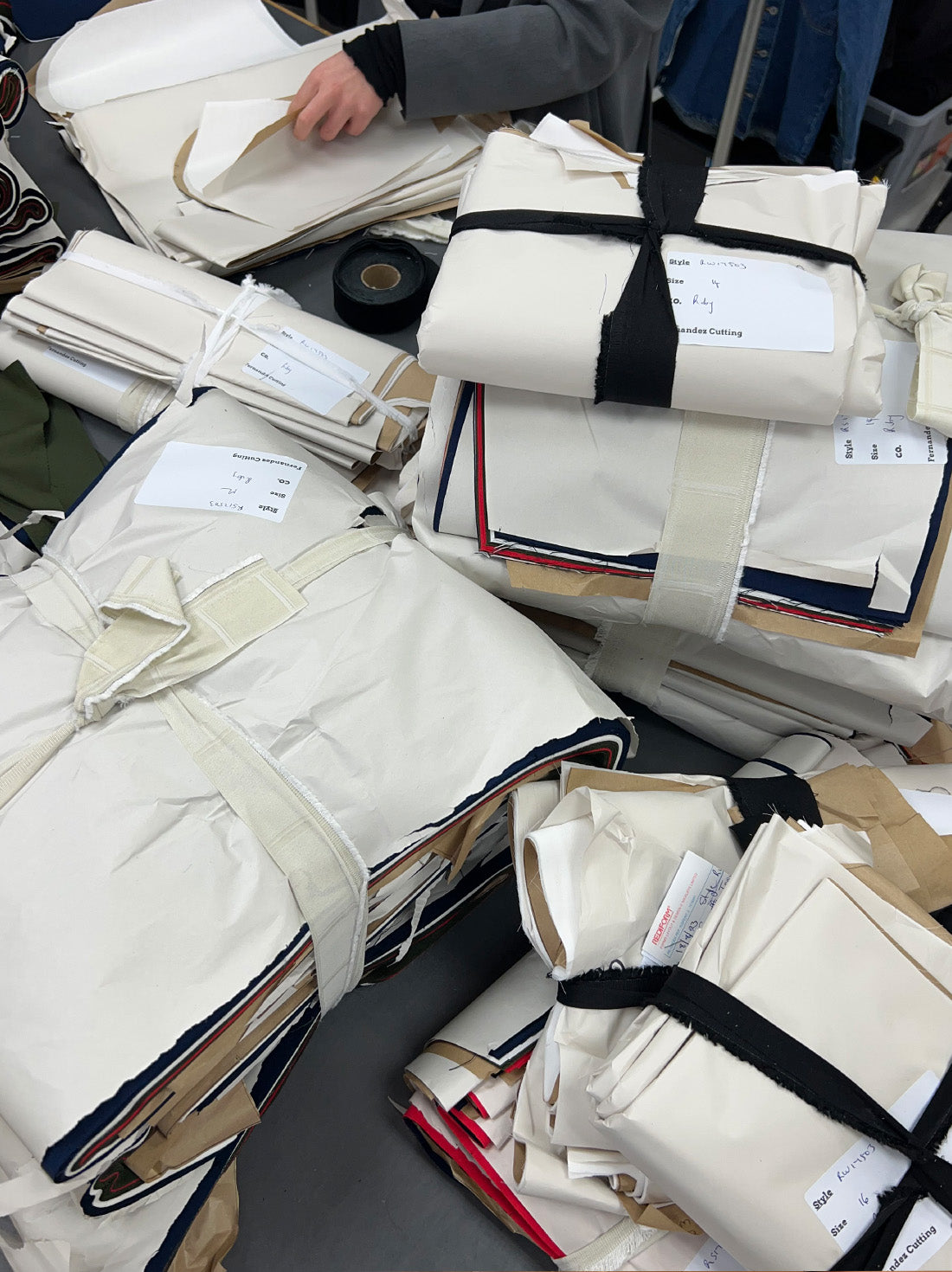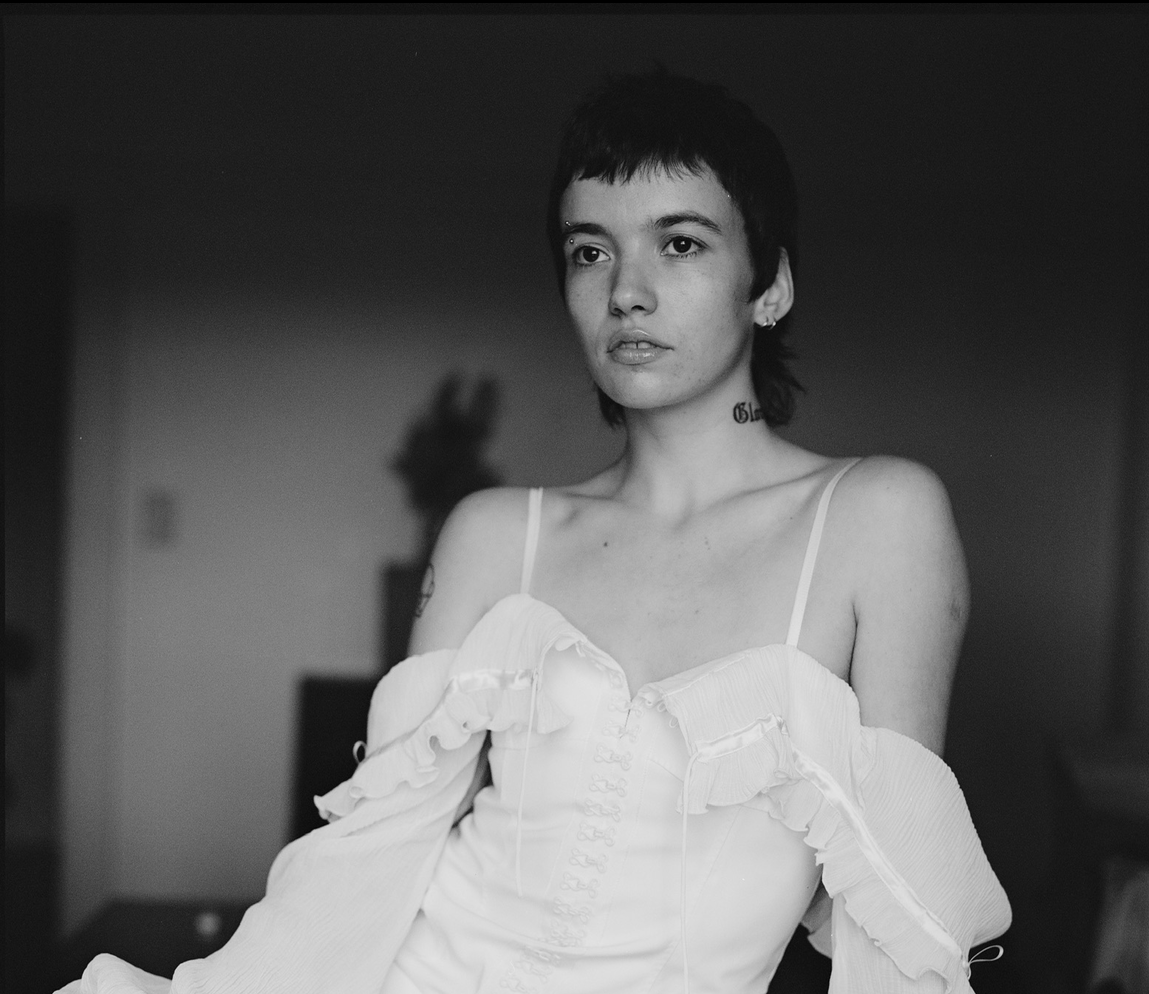Mia writes on her journey with mental health after being recently diagnosed with Borderline Personality Disorder. She shares with us the challenges and misconceptions around BPD, how to support loved ones through their mental health journey and the importance of boundary setting.
When I was diagnosed with Borderline Personality Disorder, the first thing my psychologist said to me was, “Do NOT Google BPD.”
I was surprised and intrigued, so naturally the first thing I did was hop online and head to straight to the search bar. As soon as the first hits started popping up, I immediately regretted not following her advice. ‘Why People With Borderline Are Incredibly Toxic’, ‘Should People With BPD Be In Romantic Relationships?’, ‘How To Protect Yourself From People With Borderline Personality Disorder’, ‘Can Someone With BPD Give You BPD’, were just a few of the confronting and ultimately upsetting articles that filled my screen. For a mental illness that has one of the highest suicide rates (about 70% will attempt suicide in their lifetime and 10% will complete the act), I found it strange that the internet felt very comfortable painting such negative picture of the people who live with it.
Borderline Personality Disorder is, as it states in the name, a personality disorder (which I think is what scares people the most). Characterised by an intense fear of abandonment, difficulty regulating emotions, intense mood swings, and fluctuating levels of self esteem. The best way I can describe to the average person what it’s like living with this condition is: whichever emotion someone without BPD is feeling, we feel it about 10 times as intensely.
I was diagnosed with BPD about a year ago. I was first diagnosed with Bipolar type 2 in 2020, but since then my diagnosis has changed. I lost my mother to cancer at the beginning of 2011. It was a brutal 2 year battle with a promising recovery that soon took a turn for the worst. Naturally, her death turned both mine, my sister’s and my father’s world upside down. To experience death up close at such a young age, meant I had to ‘grow up’ in the space of a day - and I couldn’t handle that. The idea that someone who I thought would always be there could just leave when none of us were ready, terrified me. I began to see every person who I loved as a ticking time bomb, desperate to disappear from my life without a moment’s notice. Of course, this means I have navigated a lot of friendships and relationships from my teen years until now with a recurring fear that our time together is only temporary.
Before my diagnosis, I felt many of my coping mechanisms and behaviours surrounding my friends and lovers as justified. Whenever I felt hurt by or scared about the stability of a relationship (be it platonic or otherwise), I would implode. It would feel as if my whole world was ending, as if this person leaving my life would leave me with nothing. Of course, this will never be the case (and most of the times I have had these fears, the person I was worried about couldn’t have felt any better about the relationship than to what I was so scared of). I would make myself sick with worry. I would stay in my room, unable to exercise, unable to do most of the things that we as humans need to do in order to keep ourselves in good health. For some reason, my professional work has always been something that has helped me to navigate these feelings. As an actor, it has been therapeutic to channel intense emotions into my work and practice.
I am in a much better place than I was even a year ago. It's true, I have burnt a few bridges with people through my own behaviour. Sometimes, this pain could be intense and consuming. In those moments, I could become angry and confused as to why the people who care me about couldn’t feel it too. It has taken a constant and diligent focus on my work, plus discussions with certain relatives and close friends for me to be able to manage my condition. I am now growing as a person to be better not only for myself, but for the people I love.
To be completely honest, I don’t think I’ve ever done as much growing as I have in the last 6 months. I have finally been able to see my own experiences through the eyes and feelings of others. At times, holding myself accountable has been a hard pill swallow, but it is only through
understanding the pain of others that we can work on our own behaviour and the ability to act in a proportionate manner to the way that we are feeling.
Recently, I received some very good news. After about 6 months of being waitlisted, I have been accepted into a 10 week group DBT (Dialectial Behavioural Therapy) program. This is considered by mental health professionals to be the best and most effective method of treatment for people with Borderline Personality Disorder. It's a program that is designed to help all people (not just those with BPD) improve the way we engage with the world and how we live our lives.
If there’s one thing I could say to others with BPD: you are not alone. Reach out for help when you need it, and trust that everything as it is right now, is as it should be. The people that you’re terrified of abandoning you? They love and care for you deeply. But you need to have faith.
To those who love and care for someone in their life with BPD: Your own mental health is first and foremost. Set boundaries when needed and never feel like you are the only person in their life who can help. We love you just as much, and are forever thankful for all that you have done.
To those with Borderline Personality Disorder and those without - we are all just trudging through life, trying our best with what we've got, and forever striving to grow. It is the love that we know that will get us through.
Mia Evans Rorris, 2022
Call 0800 LIFELINE (0800 543 354) or send a text to HELP (4357) for free confidential mental health support – 24 hours a day, 7 days a week.


























